Yesterday, there was an excellent interview on 1News Breakfast with Former Health NZ Chair Rob Campbell.
He was being interviewed in response to the government signalling to privatising our hospitals.
Campbell confirmed what this publication and its readers have long talked about.
One: We have the money for Health.
Two: The immediate theme around Health NZ is a “manufactured crisis" to be used as an excuse to privatise health in New Zealand.
Campbell:
“This is not new and it's not really about money. So let's be clear about that.
There's been an army of consultants, investment bankers and other people gathering together to try to get into investing, not just in health, but in other public infrastructure for some years.
Before I joined Te Whatu Ora, PwC was contracted in to do a study on whether there were people who would invest if they could make money with the government backing, and funnily enough there were quite a lot of them…
It's been built up [here], I think quite deliberately, to create a situation where that seems to be the best alternative.
It's not.
And the money is available anyway.”
Campbell and former Executive Director of the Association of Salaries Medical Specialists, Ian Powell, talked through significant shortcomings in privatisation, noting among other things:
Health NZ has used Australia as an example of widespread privatisation. However, Powell noted that this is simply untrue.
“It's not widespread in Australia. Where it has happened, though, in many cases, it's had to return to public sort of management because it's gotten to financial difficulty. But it is more the exception than the rule in Australia.
Privatising health will mean higher costs for Kiwis
“Southern Cross [is] a cooperative, but it's a private operation in the health sector.
Its costs are going up just the same as everyone else's costs. Its charges are going up just the same as everyone else's charges are going up.
There is no easy way out of this for the Minister of Health or for the government.”
i.e. There are significant disadvantages to privatising health, particularly, as Campbell notes, our health system’s issues have been built up over many decades, and privatising it will not resolve that issue for Kiwis.
Private operators in this space [investment banks and consortiums] are highly sophisticated financial players who will ensure maximum profit extraction from Kiwi taxpayers, and privatisation is correlated to worse health outcomes [see Lancet study below]
As Campbell notes too, the profit extraction motive affects all parts of the health lifecycle from design through to effectiveness through to longevity.
Nevertheless, private companies and hedge funds are already putting up their hand for a piece of the pie:
Private company Vital Healthcare offers to help build Dunedin Hospital
"We could certainly look at breaking up part of this project, acquiring part of it and leasing that back to the government for a very long term," one fund manager offered.
"There'd be a whole range of contractual projections for the state, and essentially they would pay us rent."
Despite all of these developments and conversations, and the 35,000 people protest in Dunedin, the Government’s intentions on privatisation don’t appear dented.
There was more drip feeding to media about the ‘financial crisis’ around Health NZ yesterday, with RNZ parroting the government’s emotive jargons: “Health NZ's financial deficit blows out to $934m.”
From the report:
Chief executive Margie Apa said the gloomier outlook was partly due to one-off factors including write-offs to surplus Covid-19 stock, Holidays Act remediation, cuts to Hauora Māori funding, unbudgeted staffing costs and "higher outsourcing across all employment groups".
The unbudgeted staffing costs could relate to Newsroom’s July report that the “deficit” was being driven by factors such as Health NZ’s successful nursing drive to help with wait times.
[Little did the then Health NZ Board know that some would feel it easier to improve waiting times by getting Kiwis off of the public health register altogether]
The RNZ story was placed next to a vision of Lester Levy warning Health NZ could go broke, to which I thought, ‘it’s not even possible’.
The point is Luxon knew about the funding needs of Health NZ in October of last year yet they underfunded Health NZ anyway.
But this myth and conjuring of a financial health crisis persists - even as the government continues to spend on tolled road plans, private charter schools, Wellington tunnel plans, landlords, tobacco companies, and trust holders.
Campbell is right - the issue is not money, and this is a manufactured crisis.
Two months ago, I wrote that the government has pushed itself into a tight (possibly untenable) budget envelope through its 2024 tax cuts and budget choices, and therefore, more pain would come in the form of deeper social and public service cuts.
But the privatisation solution is a very short sighted win for the government’s books, but not for Kiwis. History shows us society and citizens will pay a high price for privatised health.
This year, the highly respected Medical Journal Lancet issued a study called “The effect of health-care privatisation on the quality of care”.
It concluded:
We found that hospitals converting from public to private ownership status tended to make higher profits than public hospitals that do not convert, primarily through the selective intake of patients and reductions to staff numbers.
We also found that aggregate increases in privatisation frequently corresponded with worse health outcomes for patients….
Our Review … concludes that the scientific support for further privatisation of health-care services is weak.
Folks who are interested can also review the case study of the UK’s NHS, which was once the crown jewel of England i.e. an accessible health service Britain was proud of and which served its people well.
It was systematically broken down under the Tory government’s austerity policies.
Today it is held together on strings by privatised outsourcing companies - which is highly lucrative for private operators but comes at a high cost economically to Britain and socially for its people and health outcomes. It is also, as the Guardian noted, untenable until the funding issue is solved.
Campbell made the exact same point.
__________________
My Learnings About Protests / Activism
The last few days have been a crash course in political activism for me:
How to organise a protest
What might be involved
Who to talk to
Risks and how to mitigate them
What resources are needed
Bloody hell, this is not as easy as it looks
Well it turns out the consensus among those I discussed it with was to conjoin with the NZCTU campaign on the 23rd October (Wednesday).
My initial concerns were that the union’s messages would be filtered, especially around health privatisation, but others pointed out to me that there are significant benefits:
Networking opportunities with activists
Learning how to be a part of a protest organisation
Not diluting each other through dual protest movements
Supporting unions
And I thought - it’s a marathon and not a race.
The Fast-Track Approval Bill protest was a solid effort, but in response, the Government merely removed Ministerial over-ride powers.
Does that seem like a win?
It’s not.
Who can forget that the “expert panel” who will make decisions has been hand picked by Chris Bishop and his Cabinet fellows - yes, Bishop, the same Minister who hand picked Bill English for an “independent” Kainga Ora review.
Picture repeat because a picture tells a thousand words:
Dame Ann Salmond once said the fast track bill is fundamentally flawed because among other things - “these ministers get to choose the members of the advisory group and the convenor of the expert panels”
My point is - I know a one off protest is not going to stop this government so it has to be a movement.
One third of Dunedin didn’t give them obvious pause either.
There are a few people helping me out on this effort at the moment, but the message for now is get involved, join the protest if you can, ready your signs, and stay engaged.
I’ll keep you posted on specifics, but open for comments.
Thanks,
Tui




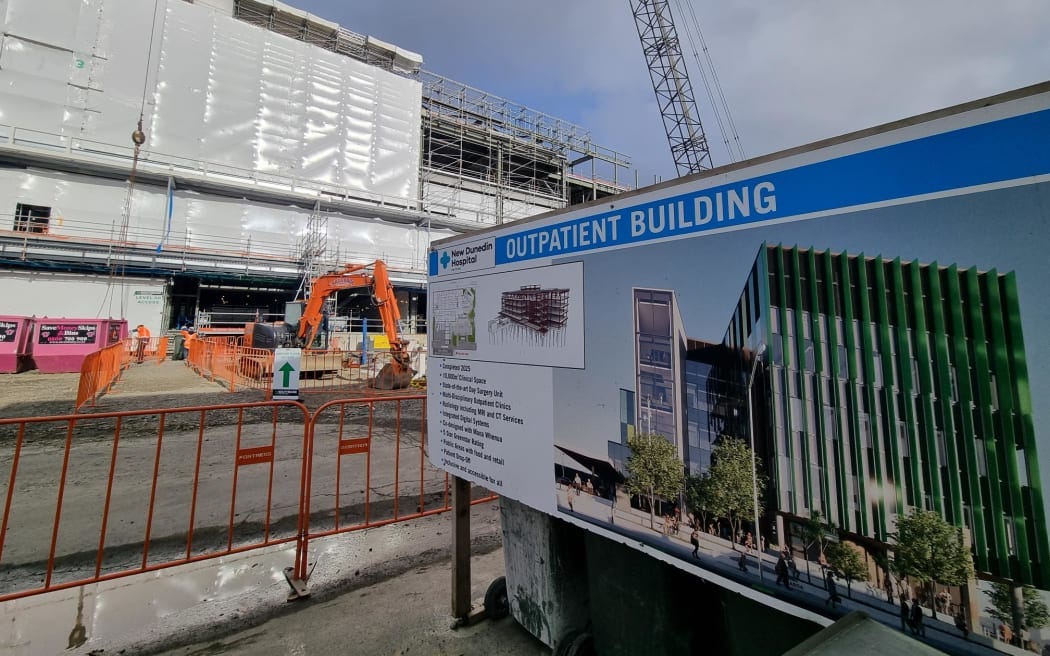
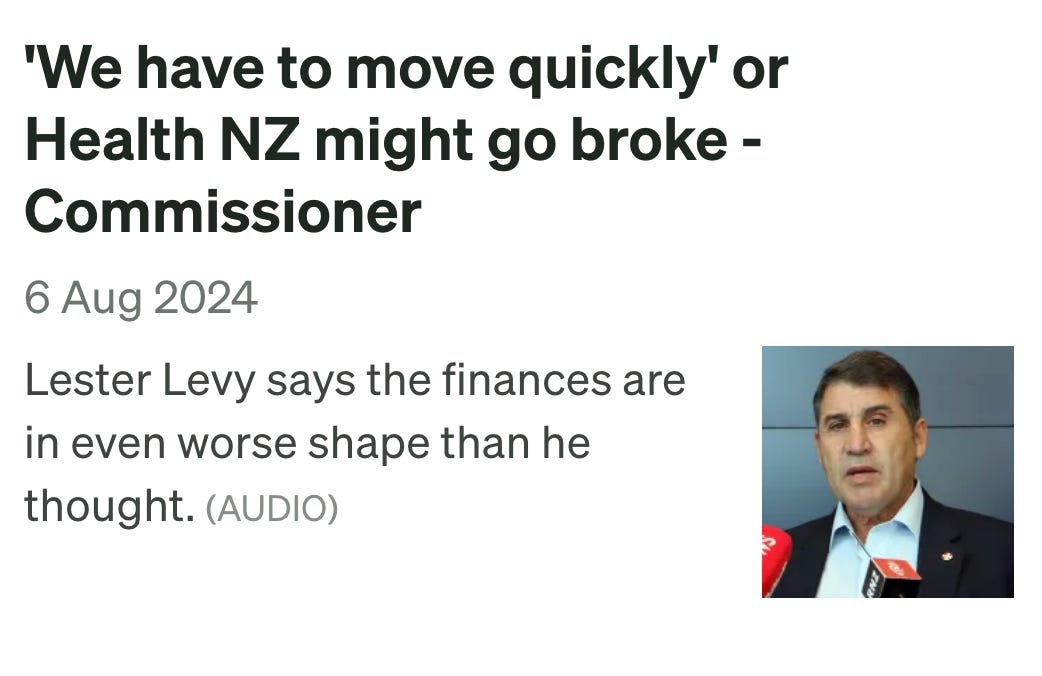
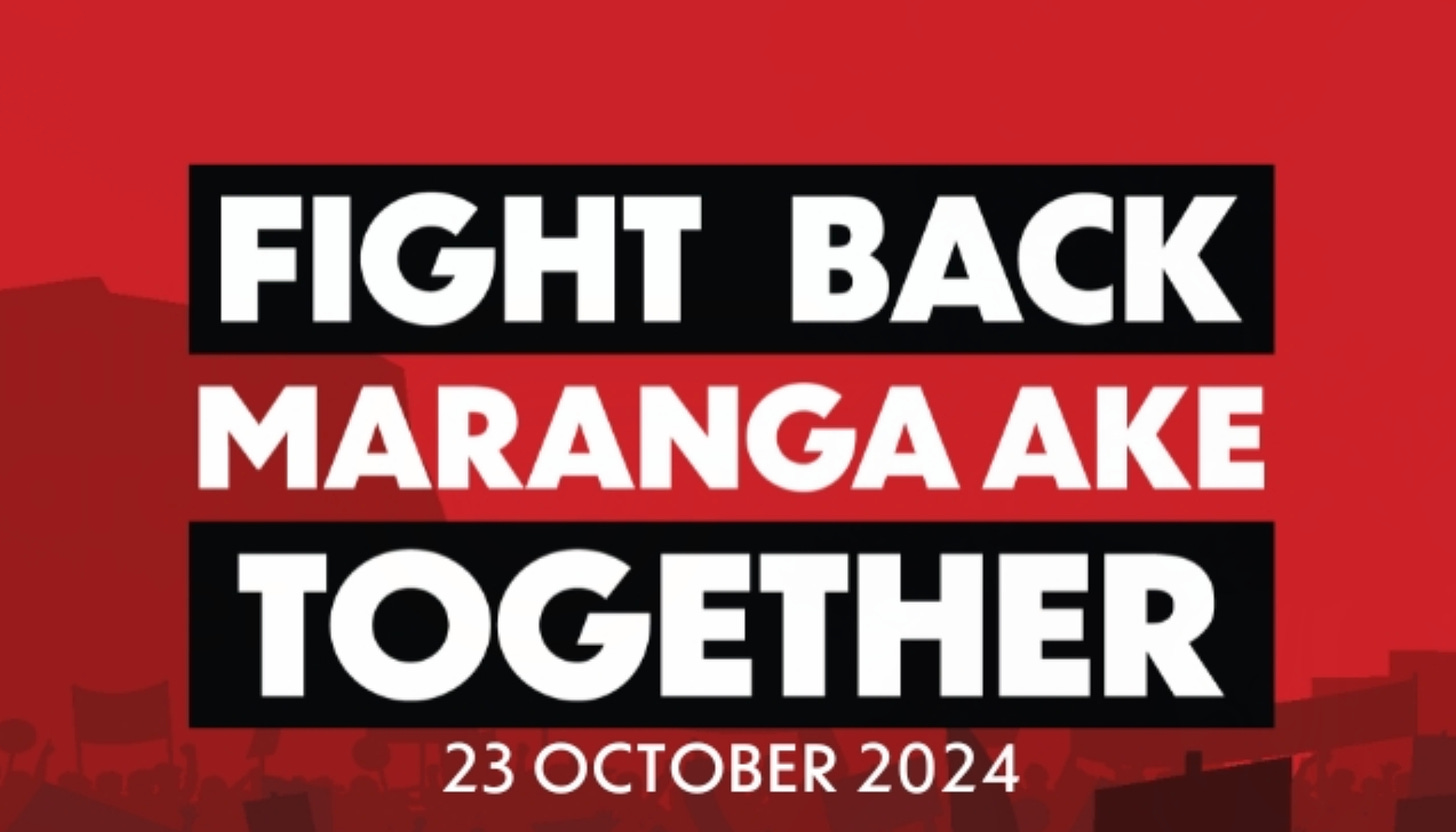
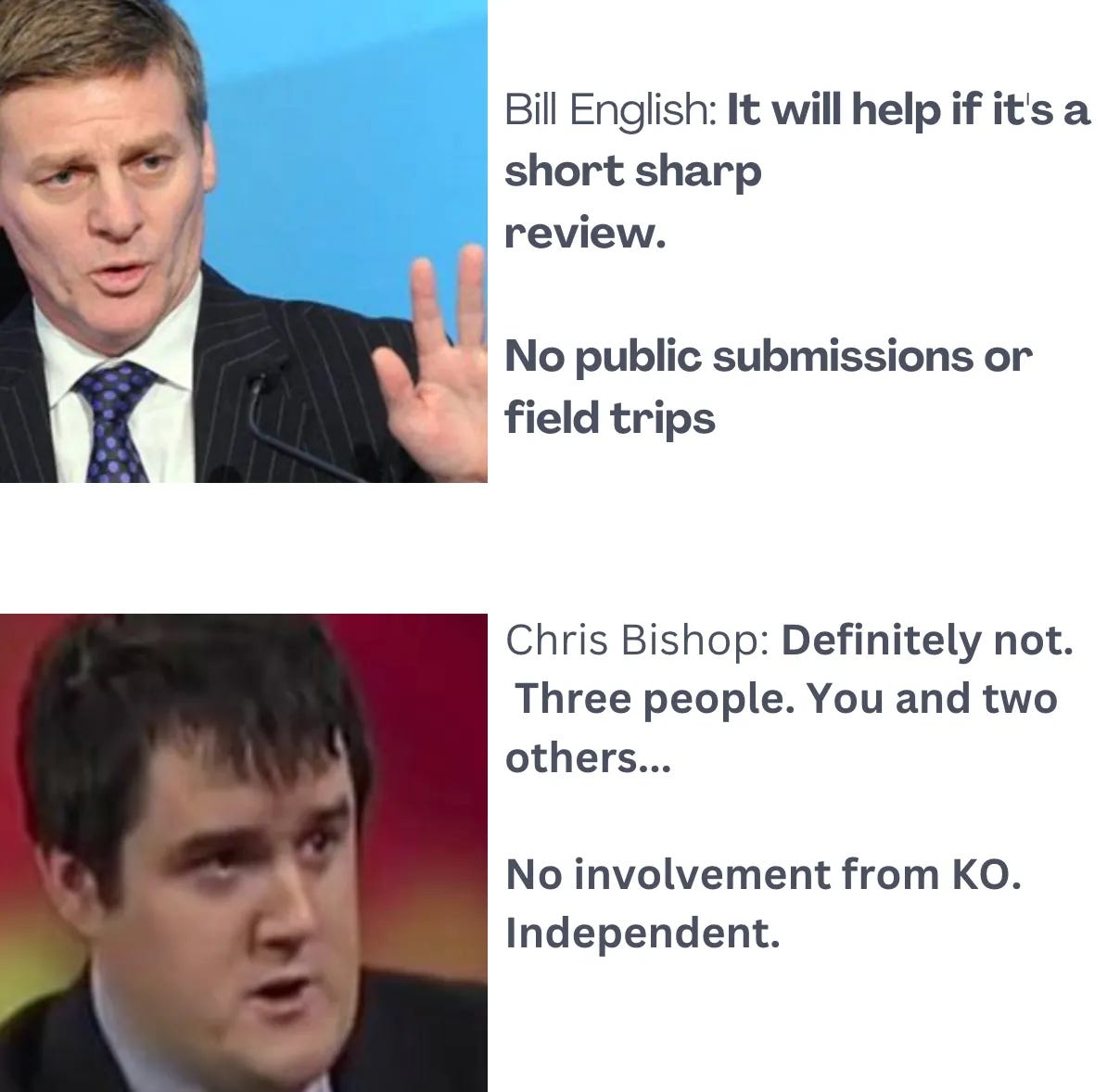



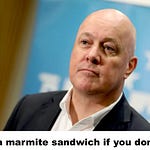
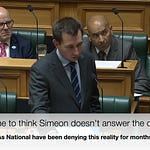

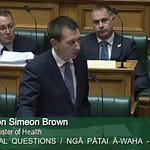


Share this post